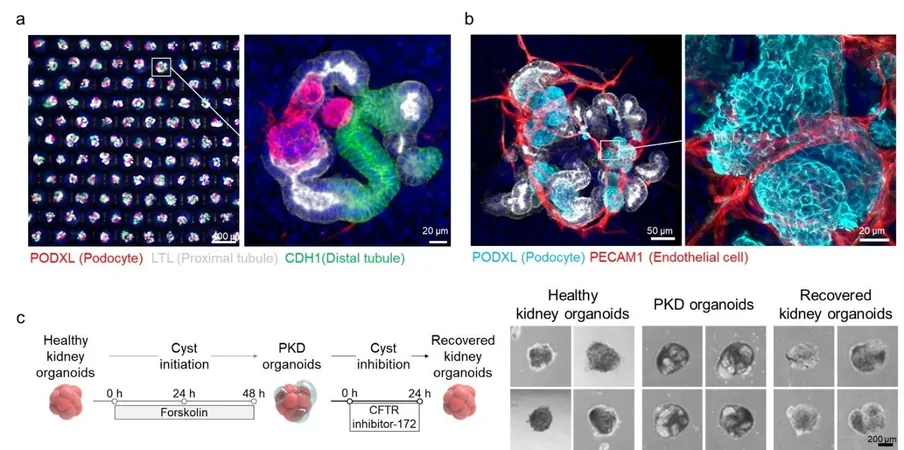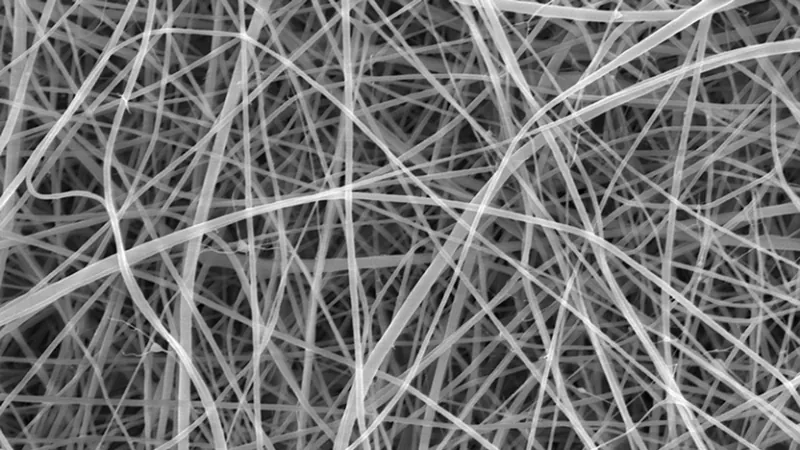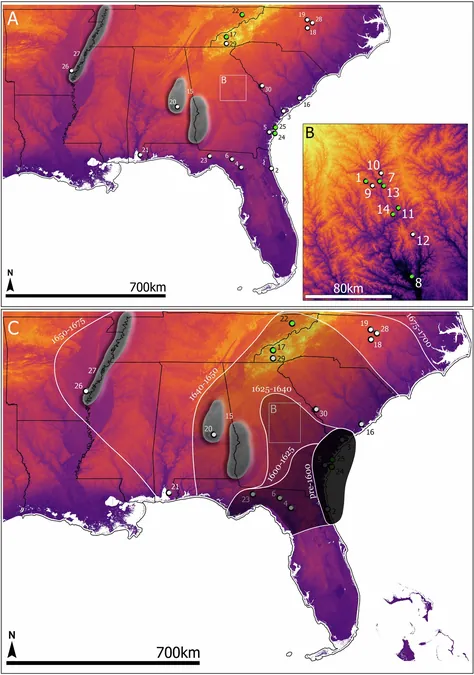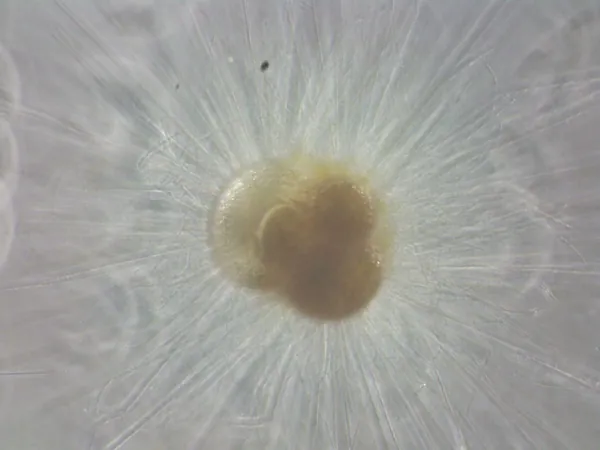
Revolutionary 3D Nanofiber Platform Set to Transform Organoid Production: Is the Future of Medicine Here?
2024-11-25
Author: Liam
Groundbreaking Advances in Organoid Production
A groundbreaking research team has unveiled a game-changing platform that promises scalable and consistent production of organoids, structures that remarkably mimic the functions of human organs. Their transformative findings have just been published in the esteemed journal Nature Communications.
The Promise of Organoids in Medicine
Organoids, which are three-dimensional cellular constructs, hold immense potential across various fields such as human organ development, disease modeling, and regenerative medicine. However, until now, the inconsistency and low reproducibility of organoid production have posed significant challenges, severely hampering their use in clinical trials and drug development. The existing technologies have struggled to keep pace with the growing industrial demand for organoids, leading to a bottleneck in research and innovation.
Introducing the UniMat Platform
To combat these issues, the research team has created an innovative platform known as UniMat (Uniform and Mature Organoid Culture Platform). This cutting-edge technology employs a three-dimensional engineered membrane composed of ultrafine nanofibers, each roughly 1/200 the diameter of a human hair. This unique structural environment facilitates uniform organoid formation and optimizes the delivery of essential nutrients and differentiation factors, essential for successful organoid maturation.
Demonstrating Capabilities with Kidney Organoids
Utilizing the UniMat platform, the team adeptly produced kidney organoids that incorporated nephron structures and vascular features akin to those present in healthy human kidneys, derived from human-induced pluripotent stem cells. This achievement not only ensured consistent quality but also significantly boosted production efficiency. In a further demonstration of its capabilities, UniMat was employed to establish a model for polycystic kidney disease, showcasing its exceptional potential for standardizing organoid-based disease modeling and drug testing.
Research Collaboration and Future Implications
The research was spearheaded by Professor Dong Sung Kim and researcher Dohui Kim from the Department of Mechanical Engineering at POSTECH (Pohang University of Science and Technology), in collaboration with Professor Tae-Eun Park and researcher Hyeonji Lim from the Biomedical Engineering Department at UNIST (Ulsan National Institute of Science and Technology).
A Vision for Ethical Medical Innovations
Professor Kim underscored the importance of their findings, stating, "Our research does not just enhance the reproducibility and reliability of organoid-based R&D. We also aim to significantly advance methodologies for animal alternative testing, a subject garnering increasing interest." This development could pave the way for more ethical practices in pharmaceutical testing and research, potentially revolutionizing how we approach medical innovations.
The Future of Organoid Technology
With UniMat, a new era of organoid research and its applications may be on the horizon—one that could lead to rapid advancements in personalized medicine, improved drug efficacy studies, and breakthroughs in understanding complex diseases. The future of organoid technology is bright, and this team has ignited the spark that could ignite a wave of innovations in biomedical research!









 Brasil (PT)
Brasil (PT)
 Canada (EN)
Canada (EN)
 Chile (ES)
Chile (ES)
 España (ES)
España (ES)
 France (FR)
France (FR)
 Hong Kong (EN)
Hong Kong (EN)
 Italia (IT)
Italia (IT)
 日本 (JA)
日本 (JA)
 Magyarország (HU)
Magyarország (HU)
 Norge (NO)
Norge (NO)
 Polska (PL)
Polska (PL)
 Schweiz (DE)
Schweiz (DE)
 Singapore (EN)
Singapore (EN)
 Sverige (SV)
Sverige (SV)
 Suomi (FI)
Suomi (FI)
 Türkiye (TR)
Türkiye (TR)